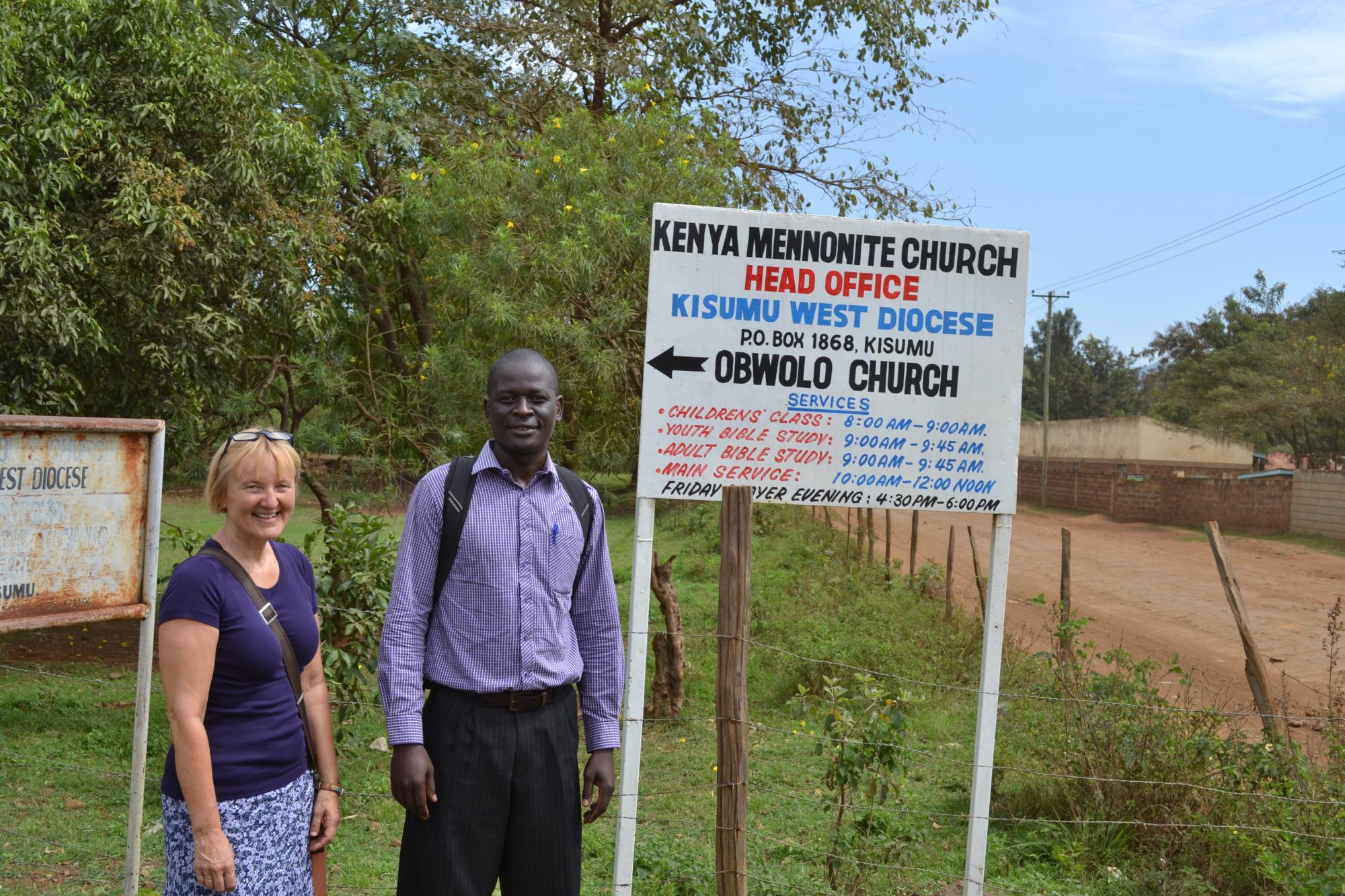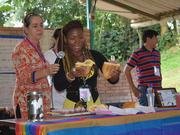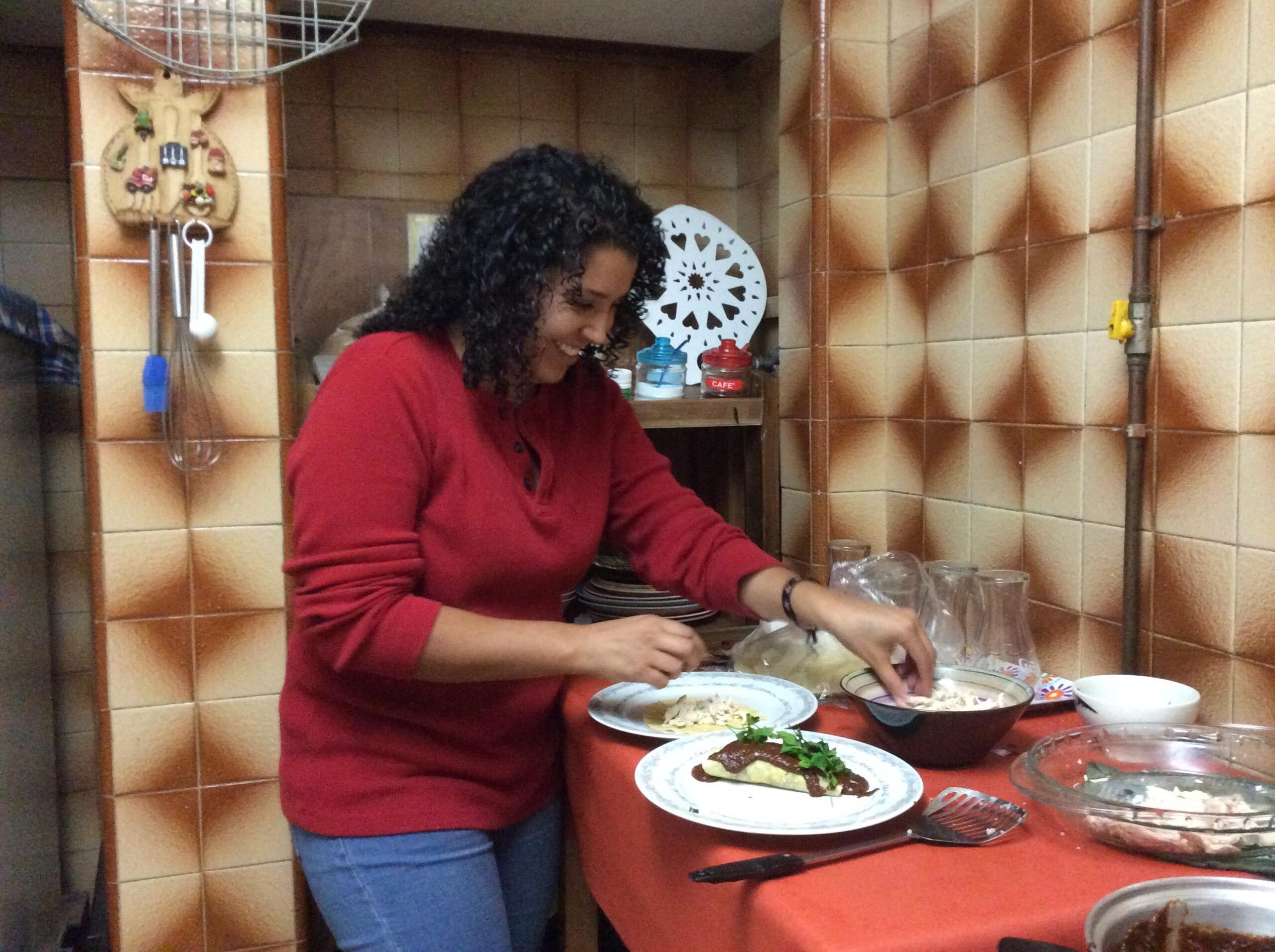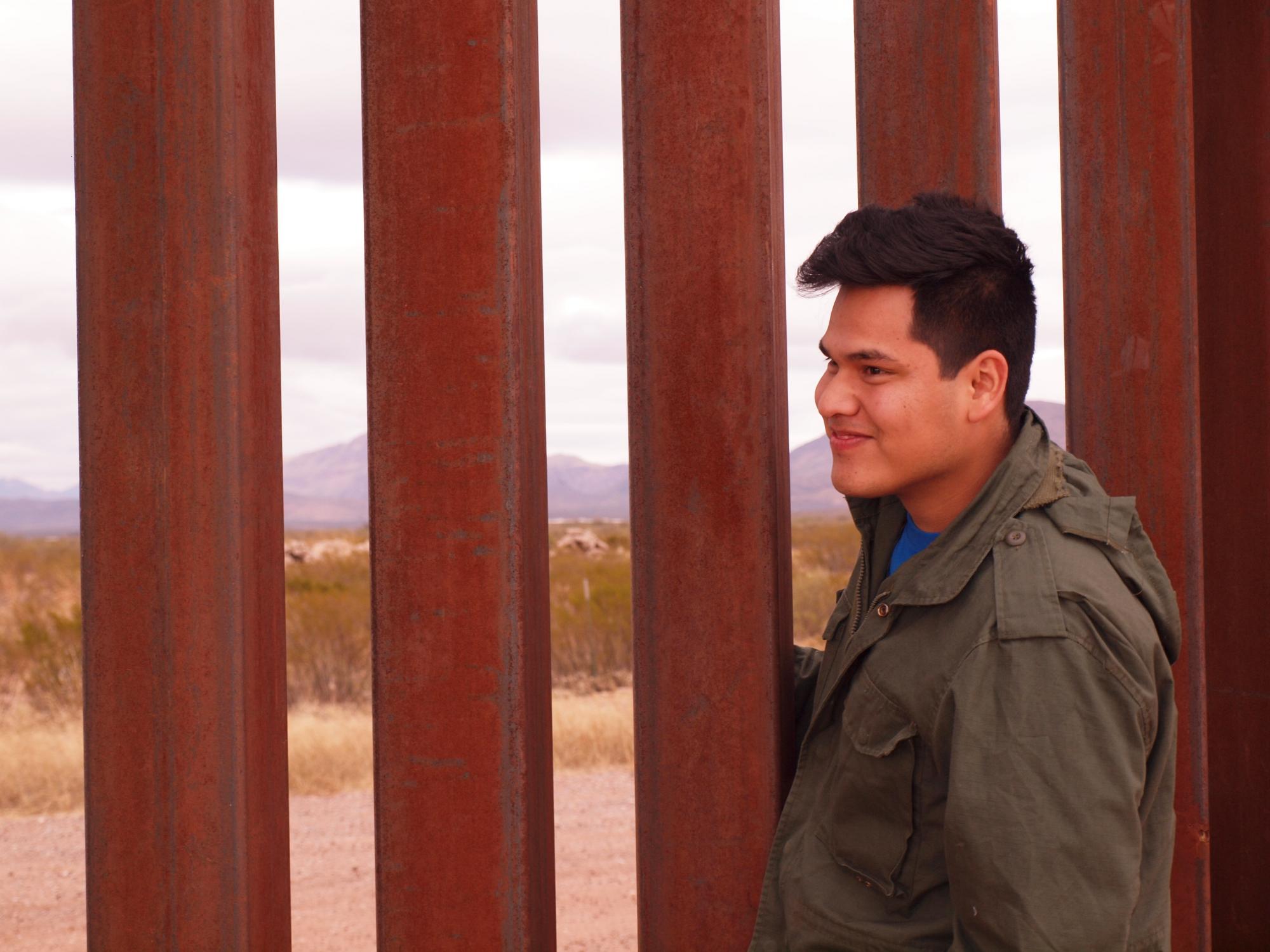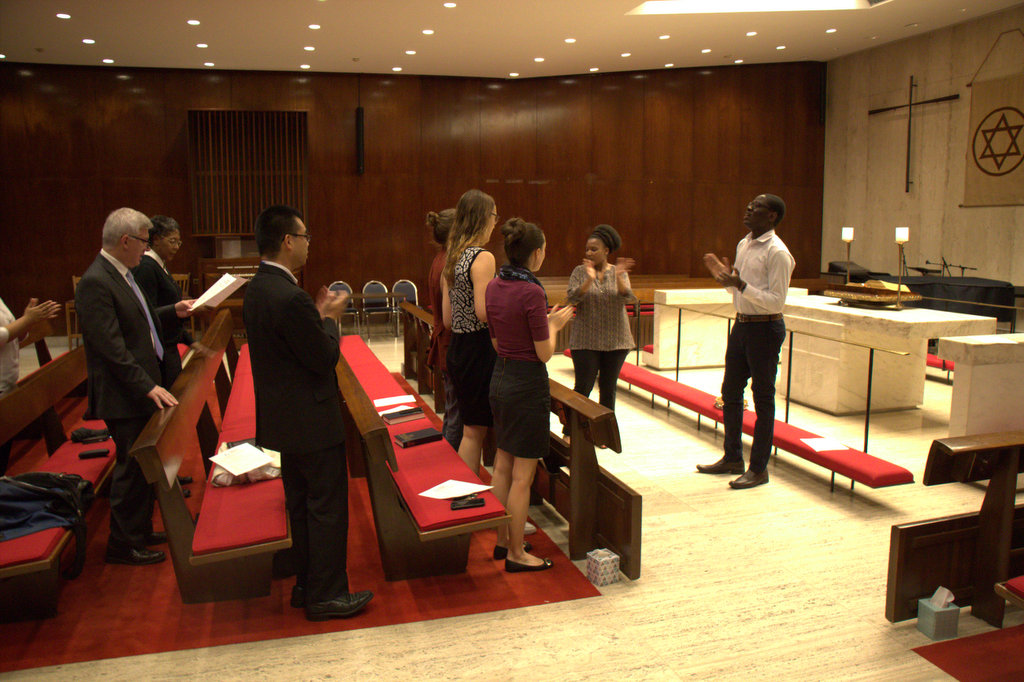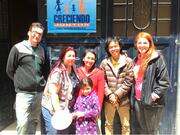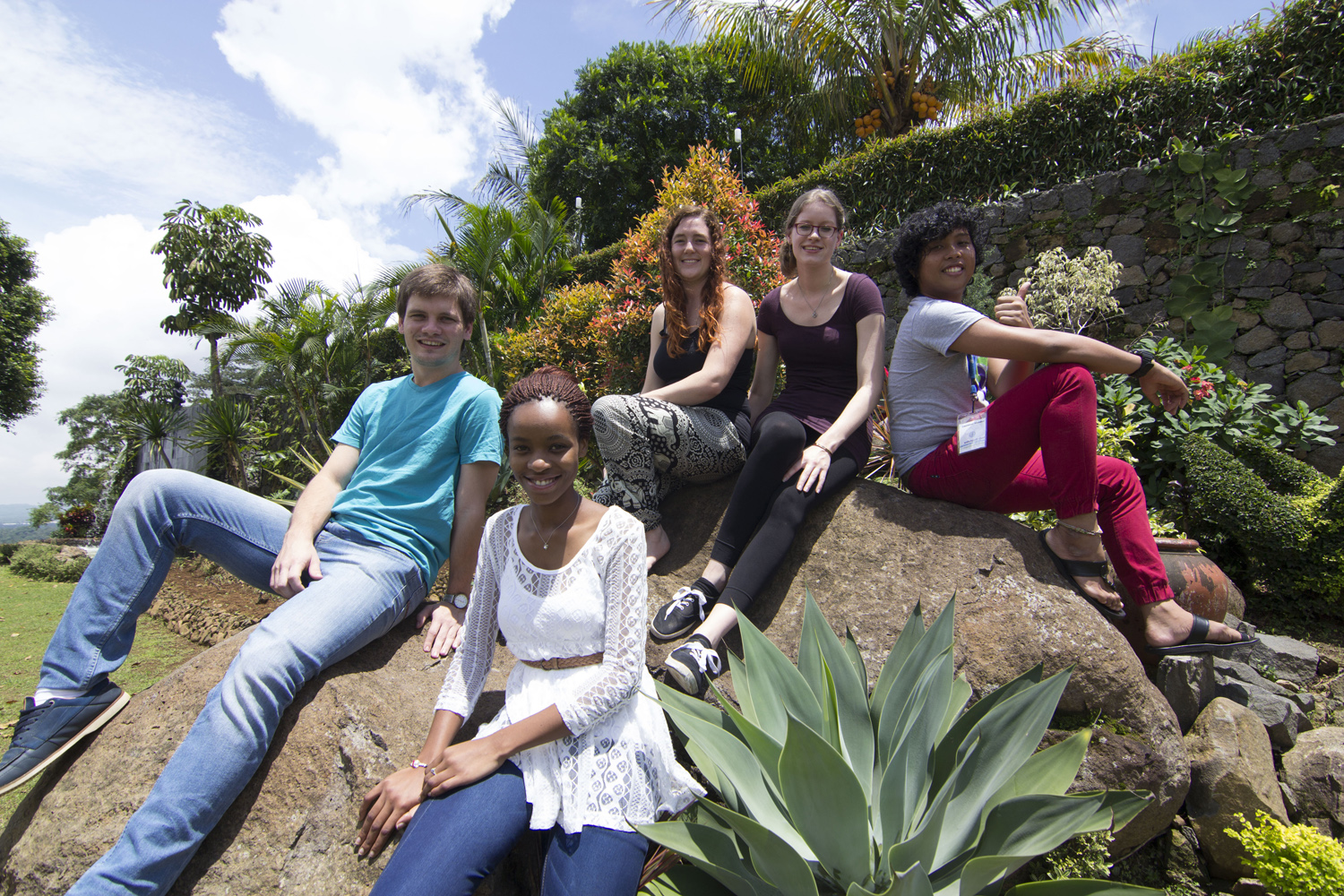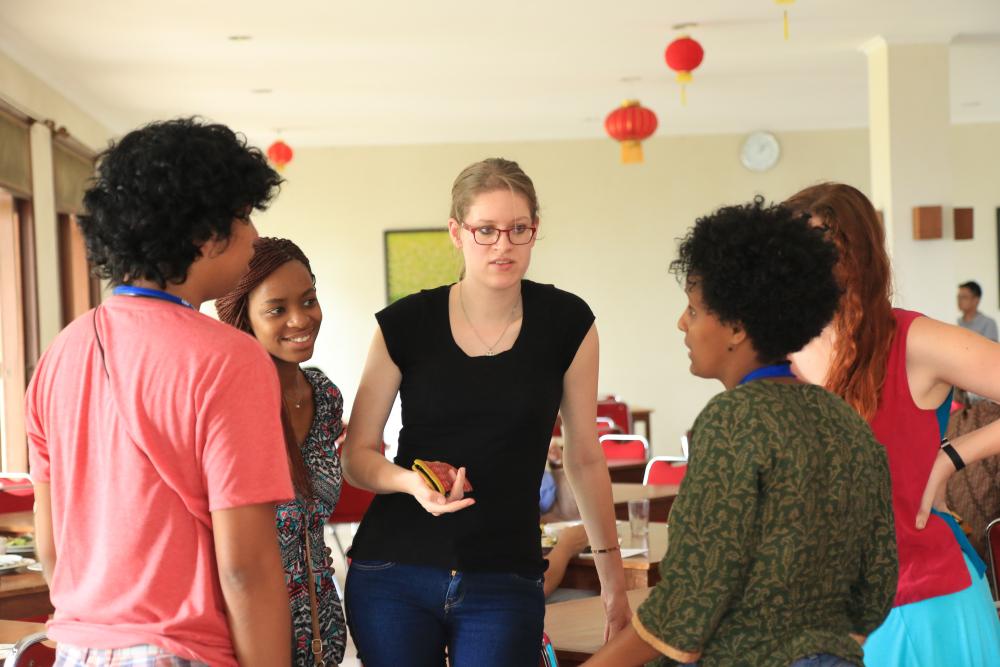-
YABs Fellowship Week 2018
“Called to be free”
-
Comfort food across the world
Recipe: Ugali “Ugali is a maize-meal bread-like food mostly eaten alongside chicken or beef stew, Kenyan kale and cabbage or sometimes eggs fried with onions and tomatoes. All you need to make it is water and flour, though some people use salt to make it tasty. It’s consumed by almost everybody in Kenya: we call
-
A Kenyan’s journey into leadership
When I was 12 years old, I was charged with the duty of secretary to our parish youths office. From that time on, I served the church, locally, nationally and internationally. My engagement with Mennonite World Conference (MWC) has shaped who I have become as a church leader, husband and father, so I share my
-
Breakfast made with love
Recipe: Huevos pericos (Colombian scrambled eggs) Although I’m not good at cooking, I organized a typical Colombian breakfast to share with my host family. Guided by recipes my parents sent from Colombia, I discovered that things made with love are delicious. My host family loved this simple meal of huevos pericos (scrambled eggs with onion
-
A transformative year: YAMEN participants meet God and people
Bogotá, Colombia – “The gospel connects us all no matter where we are,” says Laurey Segura. She lived out this realization as a teacher and youth worker with the help of Young Anabaptist Mennonite Exchange Network (YAMEN), a joint Mennonite Central Committee (MCC) and Mennonite World Conference (MWC) program which allowed the Costa Rican Mennonite
-
Hot chiles and warm fellowship
Recipe: Mole Coloradito Enchiladas As a Mexican-American, one of the most comforting things about living in Colombia was how similar my Mexican culture is to Colombian culture. My Colombian host family was very interested to learn more when I told them my family is from Mexico. My host mother gladly helped me cook Mole Coloradito
-
Spanish speaking YAMENers face unique challenges in Latin American placements
Serving in an area of the world relatively close to your home country where the dominant language is the same as your own might seem relatively easy. But Young Anabaptist Mennonite Exchange Network (YAMEN) participants who hail from Latin American countries and are serving in other countries in the same region are seeing differences first-hand.
-
The perfect placement
A Kenyan Mennonite in the MCC UN Office New York, USA – Right outside the window from my desk at the MCC UN Office on the 10th floor of the Church Center for the United Nations, I can see the UN entrance and the Kenyan flag, which unexpectedly brews the feeling of patriotism; I am
-
YABs Fellowship Week 2017
Pursue peace This year our theme is centered around one of the Shared Convictions as Anabaptist-related churches within Mennonite World Conference: The Spirit of Jesus empowers us to trust God in all areas of life so we become peacemakers who renounce violence, love our enemies, seek justice and share our possessions with those in need.
-
YAMEN service builds faith
Bogotá, Colombia – Taking a risk and trusting in God are sure ways to grow in faith. For Marisela Dyck and Xavier Chen, serving with the Young Anabaptist Mennonite Exchange Network (YAMEN) program in 2015-2016 was a year of lessons in relying on God. “During my service I learned that looking for God every day
-
A Young Anabaptist takes flight
Almost a year ago, a step onto a plane was the first into a whole new world of not only learning many new things, but meeting a bunch of inspiring people. In February 2016, my first year as a member of the Young Anabaptists (YABs) Committee started. A little nervous, a little apprehensive, but a
-
New Young Anabaptists Committee Meets in Indonesia
Less than a year ago, I hadn’t the faintest idea that I would be in Indonesia this February, let alone have four new friends from four different continents. But that’s what happens when you engage in your global faith community: you end up in places you never expected –physically, spiritually, mentally and emotionally. The five

